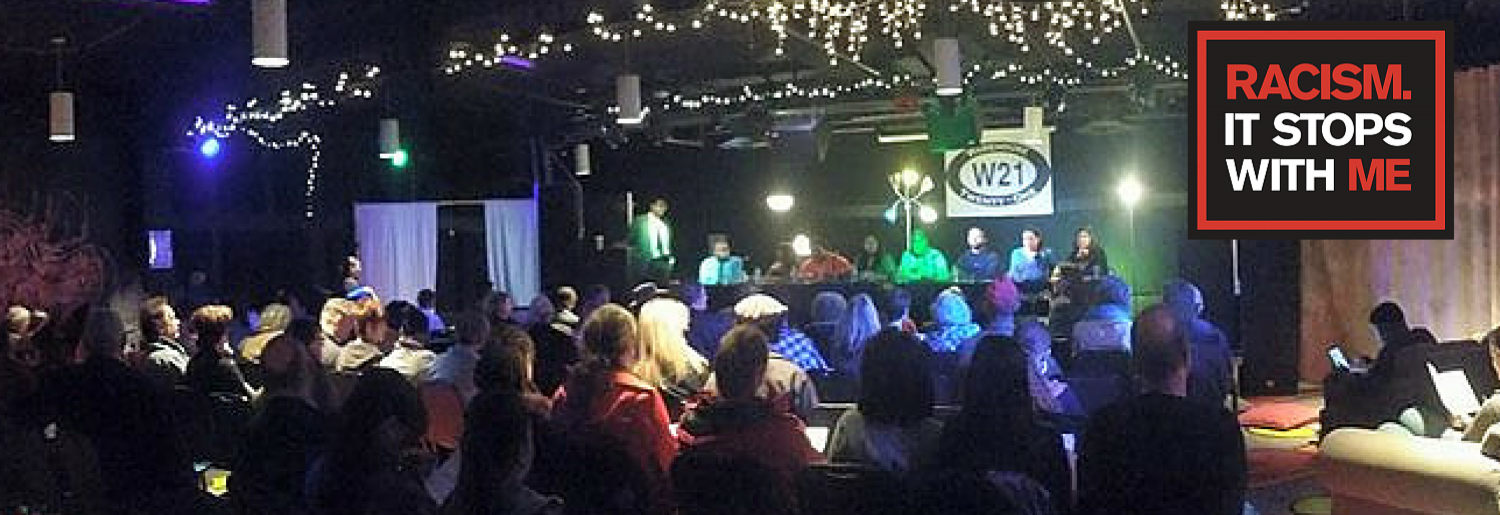As reported in the ABQ Journal, all high schools in the Albuquerque Public Schools district will offer ethic studies.
The planning process began last week with a three-day workshop that brought about 40 teachers and community members together to brainstorm curriculum possibilities.
Attendees discussed concepts like unconscious bias, as well as books and movies that present Hispanic, African-American, Native American and Asian culture, throwing out titles like “The Karma of Brown Folks,” “Battle Hymn of the Tiger Mother” and “Reservation Blues.” One suggestion even featured a little-known Scandinavian minority. The course will be designed to cover a broad array of racial and ethnic groups.
Currently, Albuquerque, Del Norte and Highland are the only high schools with courses focused on minority experiences – Chicano studies and Mexican-American literature at Albuquerque and Highland; Native American studies at Del Norte.
Under the new plan, every high school will offer ethnic studies as an elective option for juniors and seniors.




